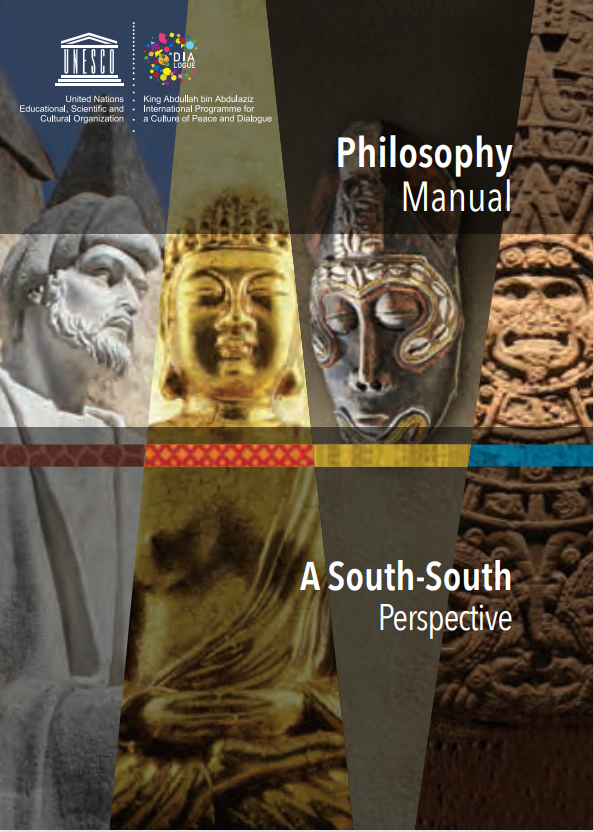Book Releases
L’Abécédaire de Averroès
By ALI BENMAKHLOUF
November , 2025
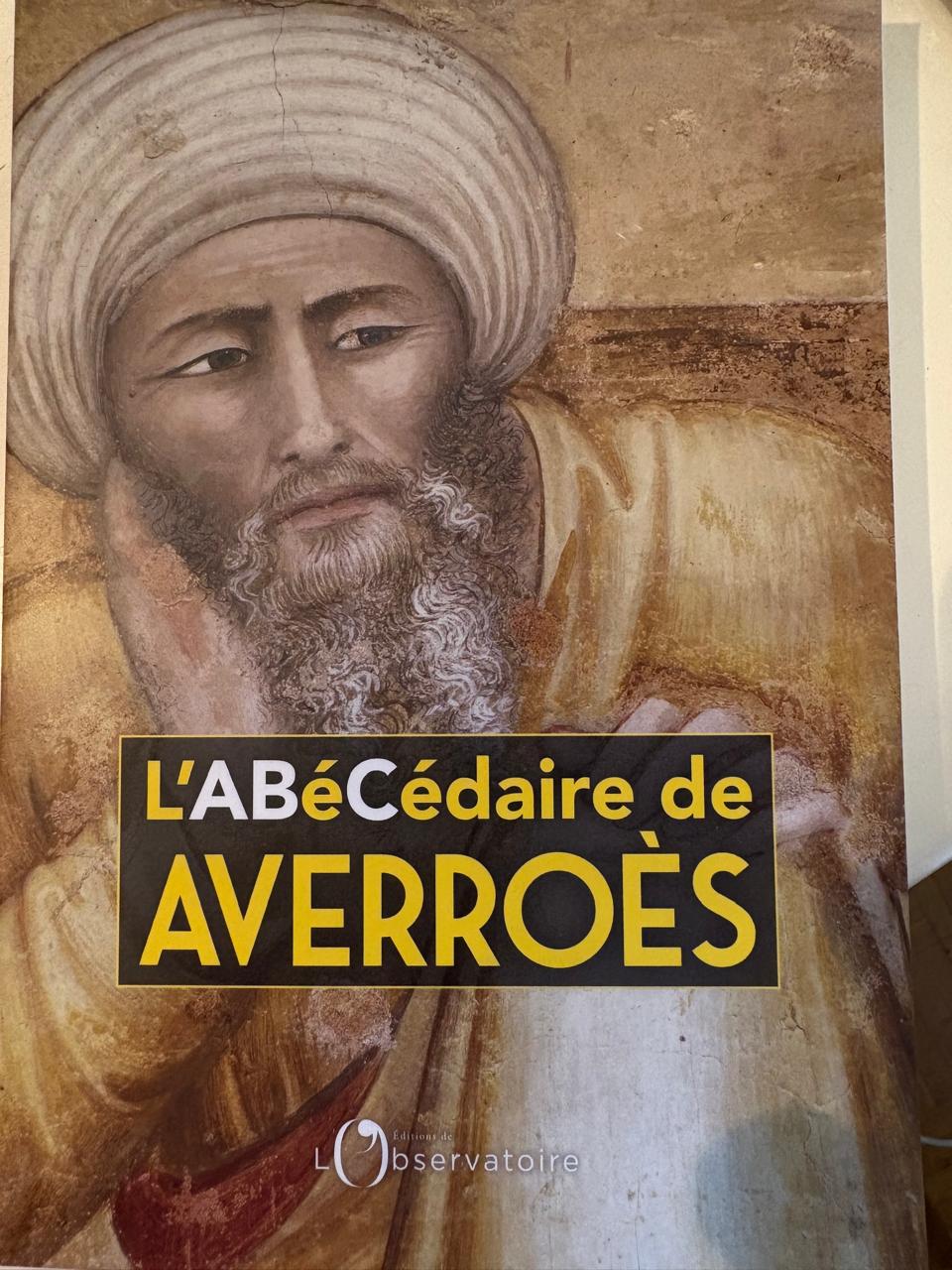
Reading African Societies: Texts, Gestures, Techniques
By ALI BENMAKHLOUF
HOUSSINE DEHBI
June , 2025

Mémoriser le Coran, vivre l’islam
L’apprentissage coranique au Maroc et dans le monde musulman
By ROMAIN SIMENEL
Preface : ALI BENMAKHLOUF
FEBRUARY 12, 2025
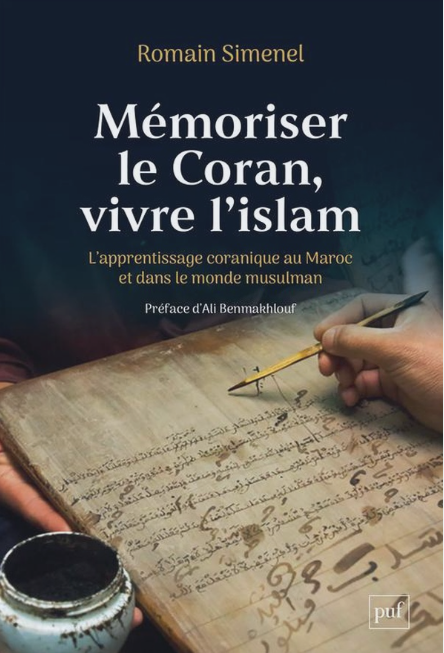
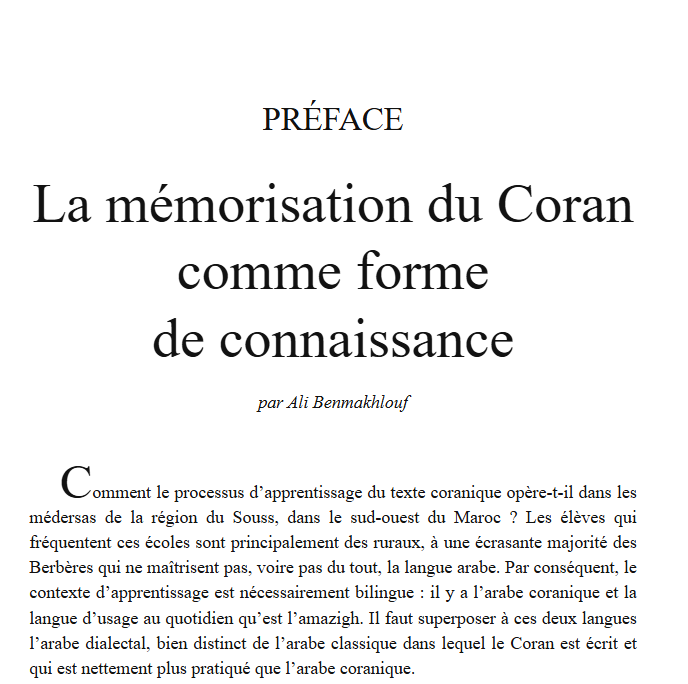
Montaigne et ses traducteurs مـونــتـيــــنيْ ومترجــموه Montaigne and his translators
It addresses questions of Montaigne’s “translatability” and linguistic adaptation in Arabic-speaking culture, and revisits his choice of the vernacular.
Preface : ALI BENMAKHLOUF
NOVEMBER 13, 2024
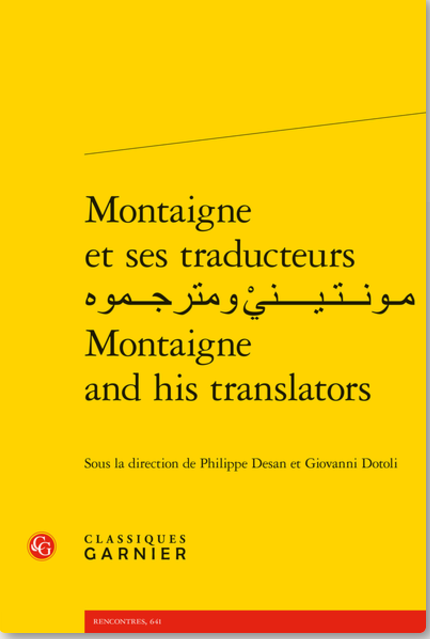
Beyond Orientalism: Ahmad ibn Qasim al-Hajari between Europe and North Africa
Understanding the Early Mediterranean Through the Life of the Moroccan Polymath Ahmad bin Qasim al-Hajari
BY OUMELBANINE NINA ZHIRI
DECEMBER 26, 2023
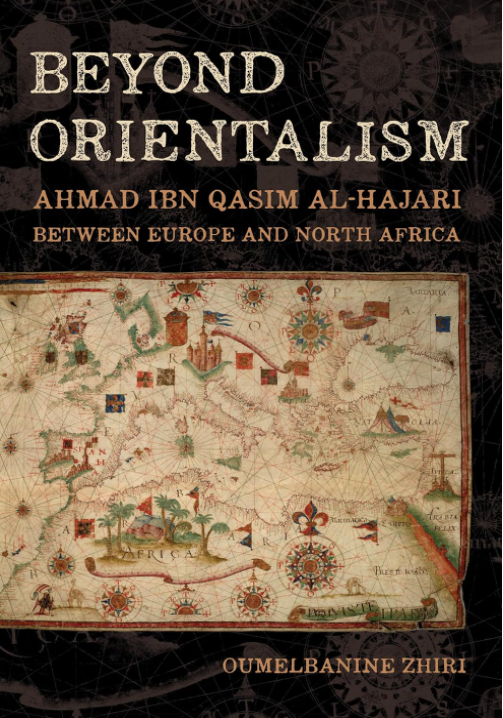
On Earth or in Poems: The Many Lives of al-Andalus
How the memory of Muslim Iberia shapes art and politics from New York and Cordoba to Cairo and the West Bank.
BY ERIC CALDERWOOD
MAY 16, 2023
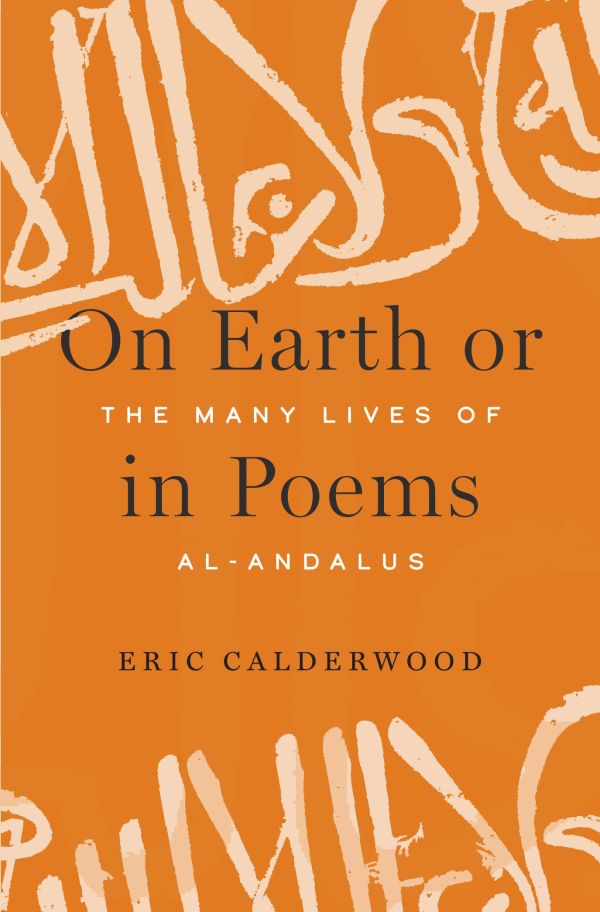
L’Humanité des autres
Comment parler d’humanisme aujourd’hui?
BY ALI BENMAKHLOUF
APRIL 12, 2023
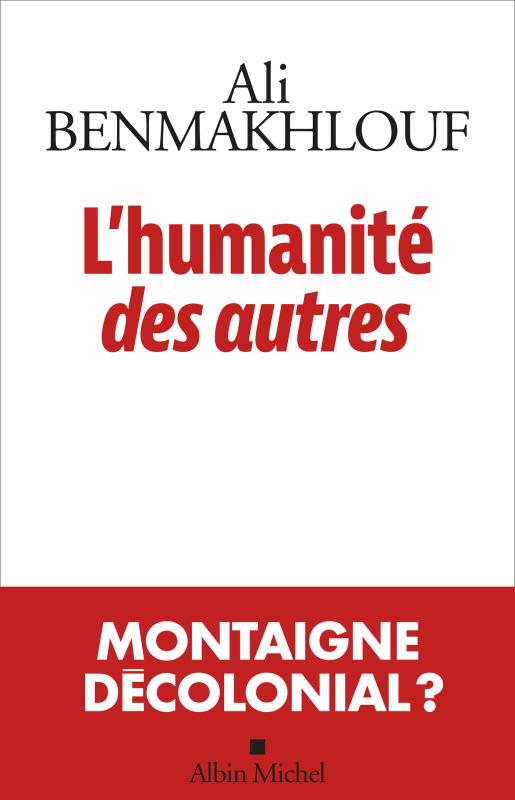
Philosophy manual: a South-South perspective
Through the promotion of South-South intellectual and philosophical dialogue, this handbook seeks to encourage the development of diverse viewpoints by supporting and promoting the often overlooked philosophical traditions of the metaphorical ‘South’. By providing educational resources designed to teach young people about the diversity of philosophical thought, the handbook is an innovative, high-quality tool for young people in secondary and higher education and in non-formal education. Other language versions (French, Arabic, Spanish) can be found on the website.
With the Participation of Pr. ALI BENMAKHLOUF
DECEMBER 31, 2014
